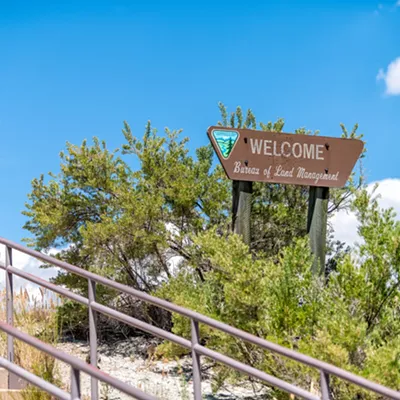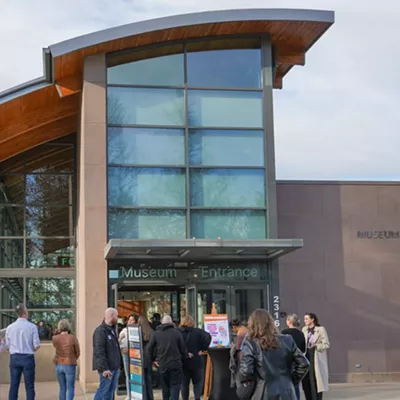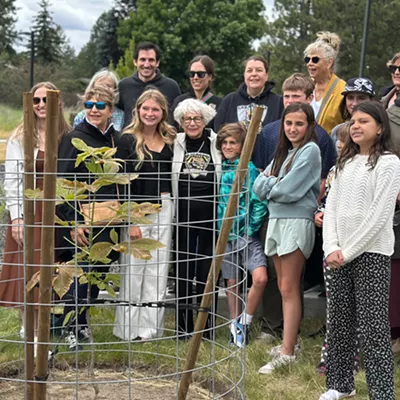Spokane Mayor David Condon has proposed naming a Mission Park pavilion after Otto Zehm.
According a letter sent to the Spokane Parks Board, Condon made the proposal to name a “picnic shelter or similar facility,” as part of a settlement reached last month with the family of Zehm, who died in 2006 after a confrontation with Spokane Police.
The letter requests that the shelter include a plaque with the words: “In Memory of Otto Zehm.”
“Ten years from now, when people ask, ‘Why’s that plaque there?’ we can say, ‘That’s when policing changed,’” says Breean Beggs, attorney for the Zehm family.
Beggs says the city originally offered a picnic area in Riverfront Park, but Zehm’s mother, Ann, preferred Mission Park. That was somewhere Zehm enjoyed spending time when he was growing up, Beggs says.
Parks Board President Randy Cameron says he expects the issue to come to a vote at a July 12 meeting.
— CHRIS STEIN
A few months ago, it looked like Spokane Council President Ben Stuckart wouldn’t get support for a city resolution regarding the possible increase in coal trains passing through the city.
What changed? Stuckart says he worked with each council member on the wording and content of the resolution. Approved 5-0 at Monday night’s council meeting (Councilmembers Steve Salvatori and Nancy McLaughlin were absent), the resolution calls for any government agencies studying the impact of coal trains to look specifically at how they’ll affect Spokane. It also calls for a public comment session set in Spokane to discuss potential impacts.
“It was the most coordinated and cooperative effort that I have seen with the City Council,” says Councilman Mike Fagan. “All seven of us had our opportunity to provide input. … I wish legislation worked like this all the time.”
The resolution’s broad appeal is also notable in what it lacks. The council specifically didn’t condemn coal trains, or the half-dozen proposed coastal shipment facilities, Stuckart says. That’s in contrast to a recent Seattle resolution, which specifically opposed the coal shipment facilities based on health and environmental concerns.
“Ours is much more mellower,” Stuckart says.
— JOE O'SULLIVAN
RECALL'S END
The attempted recall of Coeur d’Alene mayor Sandi Bloem and three city council members ended on an anti-climax: The recall advocates — angry over opposition to a public vote on the McEuen Field plan — never gathered enough signatures.
Rather, they gathered enough signatures, but nearly one out of every four signatures were found to be invalid — many with listed addresses not matching voter registration. It’s not unusual for a hefty chunk of petition signatures to be. In Washington state, it’s typical for 18 percent of signatures to be thrown out.
But Recall CDA’s 23 percent failure rate?
“I think that seems kind of high,” says Frank Orzell, the recall’s organizer. In part Orzell blames the interpretation of Idaho’s state laws, claiming that voters who recently moved, and hadn’t yet updated their registration, had their signatures tossed out. “Being dependent on the house number, the address, should not be a condition for the democratic voice to exercise itself,” Orzell says.
He says he won’t challenge the result. Rather, he’s looking toward the City Council elections in 2013.
“One of the great accomplishments has been a vastly increased awareness in the community for them to be informed and involved in the community,” Orzell says.
— DANIEL WALTERS

















